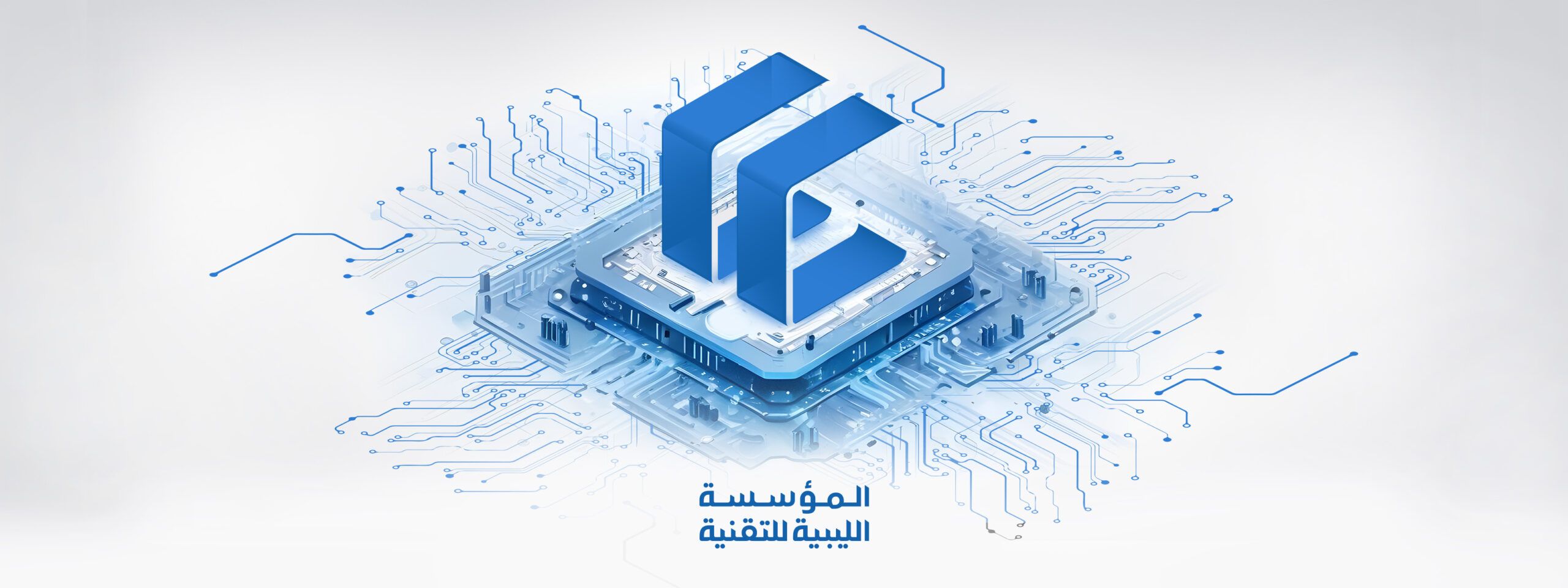National Responsibility in Its Most Challenging Moments
Some might think that big messages require lengthy data and complex formal phrasing, but my experience has proven that the simplest message can move hundreds, influence dozens, and affect hundreds of thousands. In a decisive moment, we faced an undeniable truth: national responsibility in its most challenging form.
Most residents of Tripoli remember what happened on May 12–13, 2025, what I call the “difficult days of May.” These were unprecedentedly heavy days in the city’s modern history—life nearly came to a complete halt, and the capital suffered widespread destruction. The LibyaBuild exhibition did not escape collapse, and major buildings were hit. The Corinthia Hotel sustained a direct strike, and the Al-Imad Towers and other vital buildings in central Tripoli were also damaged.
On the afternoon of May 13, I conducted a field tour despite the tense atmosphere, then returned in the evening to check the Libyan Technology Foundation’s headquarters for safety. I also visited the LibyaBuild exhibition site on Omar Al-Mukhtar Street, which had been the scene of clashes on the evening of May 13, leaving extensive damage.
On May 15, I went on another tour of the most affected streets. The scene was shocking: destruction, fires, debris, and a pervasive sense of despair. Grief dominated completely, and the general feeling was hopelessness.
After these events, the foundation’s management and members held a “post-shock meeting” on Friday, May 16, 2025, at a café. The discussion was chaotic, and astonishment hung over everyone. No one fully understood the scope of what had happened or how to move forward.
The following Sunday marked the first working day at the foundation’s headquarters after the crisis. Attendance was modest, but the questions were significant:
- We have a major event, the National Information Technology Day, in just two weeks—can we hold it under these conditions? Should we postpone it? Do we risk moving forward amidst fears of renewed clashes? What if the Corinthia Hotel cancels the bookings? What if sponsors withdraw? What if a curfew is imposed? Should we cancel Tripoli and continue in other cities?
What stayed with me most was one administrator’s question: “There’s a high chance we’ll fail.” My response was decisive: “We did not establish this foundation to win.”
The Moment of Decision
The scene was bleak. Recession dominated, astonishment prevailed, and the previously bustling activity—like a beehive—suddenly came to a halt. Preparations for cities, celebrations, and forums were at risk:
- Informatics Governance Forum
- Cybersecurity Summit
- Developers’ Summit
- And over 70 locations across Libyan cities slated to participate in the National IT Day
The Message That Changed Everything
On Monday morning, May 19, 2025, I left home at nine, weighed down by responsibility. Sipping coffee, I reflected deeply: I am the Chairperson, founder, and primary accountable party to supporters, sponsors, cities, and the team.
I decided to write a short statement in the foundation’s general discussion group. I thought readers would stop me or at least advise caution—but what happened exceeded all expectations:
- The team mobilized like a full army the very same day. The company we contracted for installing 10 road signs was surprised to find 24 signs installed across Tripoli in a burst of enthusiasm. Event venues, including the Corinthia Hotel, opened their doors despite harsh conditions, and sponsors trusted the team and supported the continuation with confidence.
That short message became the spark that revived a national project that almost collapsed under the weight of circumstances.
In my speech on June 1, 2025, I said a sentence I will never forget:
“These young people did not carry weapons—they carried mobile devices and smart gadgets, celebrating technology and digital literacy across Libya.”
The decision to proceed with the event was an investment in hope, a direct confrontation with the despair caused by recent events. The choice was not easy, but it was the right and courageous one.
The May 2025 experience was not merely a passing crisis; it became a historic turning point in the Libyan Technology Foundation’s journey. It proved that we can operate even in the most challenging circumstances, and that we are not just a tech institution but a community movement that builds hope and restores trust.
My confidence in the team was boundless, and the outcome was a national event that went beyond a technical celebration, sending a patriotic message that Libya is capable of life, even in the darkest moments.
